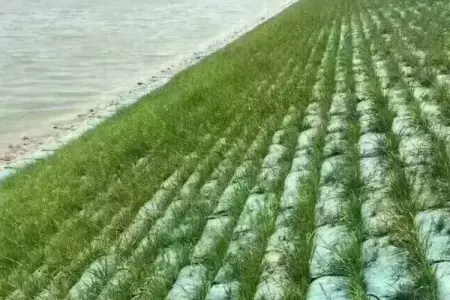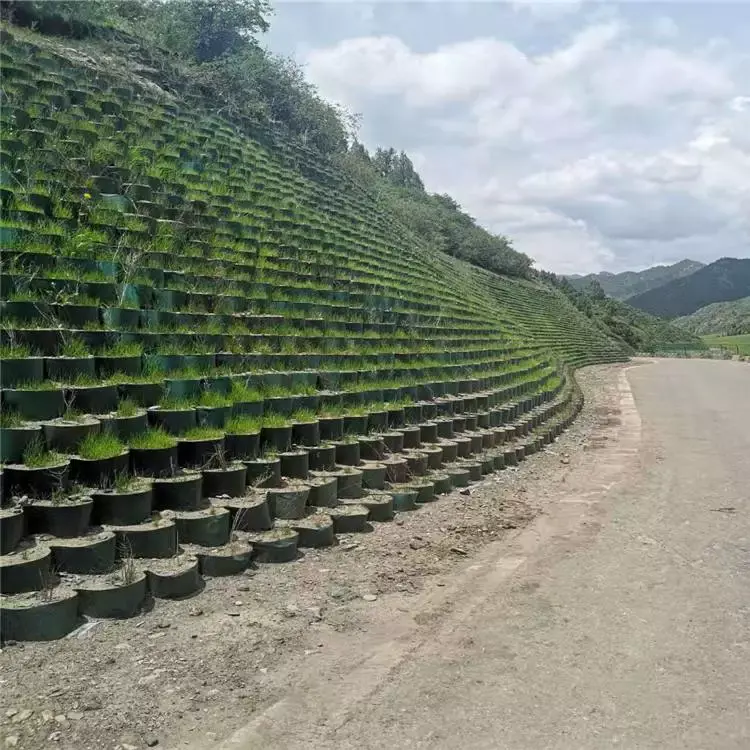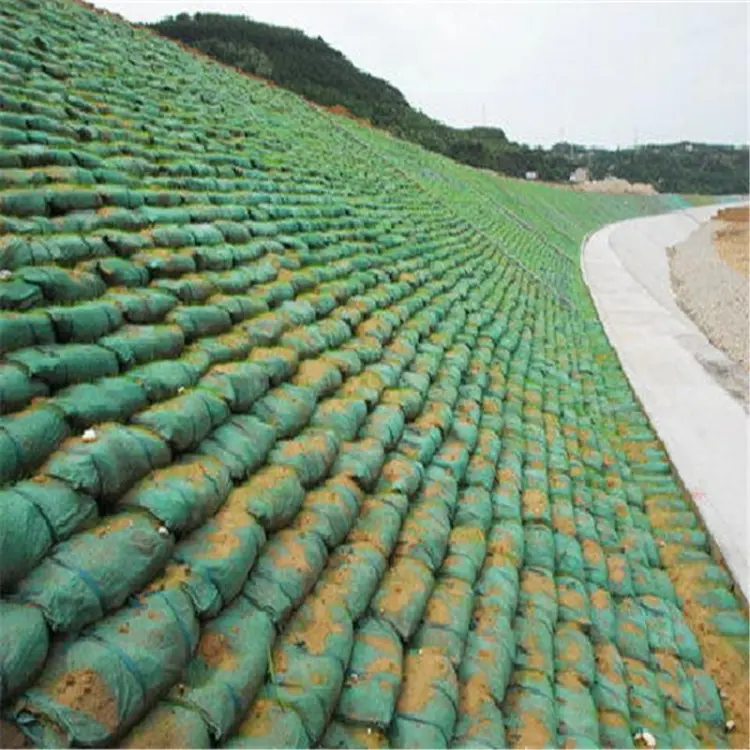
01. Application of Geosynthetics in Subgrade Engineering
Geosynthetics, as innovative composite materials, provide reinforcement, filtration, drainage, separation, impermeability, and erosion control. Their applications permeate all aspects of geotechnical engineering and are globally adopted in road construction projects.
02. Geosynthetic Materials for Subgrade Reinforcement, Drainage, Slope Protection & Greening
Key Functional Categories
| Function | Material Types |
|---|---|
| Subgrade Reinforcement | Uniaxial/biaxial geogrids, woven geotextiles34 |
| Drainage | Geocomposites, drainage nets |
| Slope Protection | Geocells, erosion control mats |
| Greening | Biodegradable mats, vegetation support layers |
03. Production & Inspection Equipment
Advanced manufacturing and quality control systems ensure compliance with international standards (e.g., ASTM, ISO).
 Engineering Applications
Engineering Applications
1. High Embankment Slope Reinforcement
- Purpose: Enhance compaction density (>95% Proctor) and prevent surface erosion for embankments >5.0m.
- Materials:
- Uniaxial/biaxial polyolefin geogrids (25–30 kN/m tensile strength)
- Warp-knitted polyester geogrids
- Specifications:
- Width: 2.5–4.0m
- Vertical spacing: 0.6m
2. Steep Reinforced Slopes (<70°)
- Application: Space-constrained terrains requiring steeper gradients.
- Materials:
- High-strength geogrids (>50 kN/m)
- Biaxial geotextiles
- Design: Custom width/spacing based on mechanical calculations.
 3. Approach-Retained Geosynthetic-Reinforced Walls
3. Approach-Retained Geosynthetic-Reinforced Walls
- Structural solution for load transfer and settlement reduction.
4. Slope Surface Protection
- Erosion control using turf reinforcement mats (TRMs) or articulated concrete blocks.
Technical Compliance
- Material Standards: ASTM D6637 (geogrids), ASTM D6911 (installation)
- Performance Metrics:
- Tensile strength retention >80% after 10,000 hrs UV exposure
- Shear friction angle >25° (soil-geosynthetic interface)
 Engineering Applications
Engineering Applications 3. Approach-Retained Geosynthetic-Reinforced Walls
3. Approach-Retained Geosynthetic-Reinforced Walls